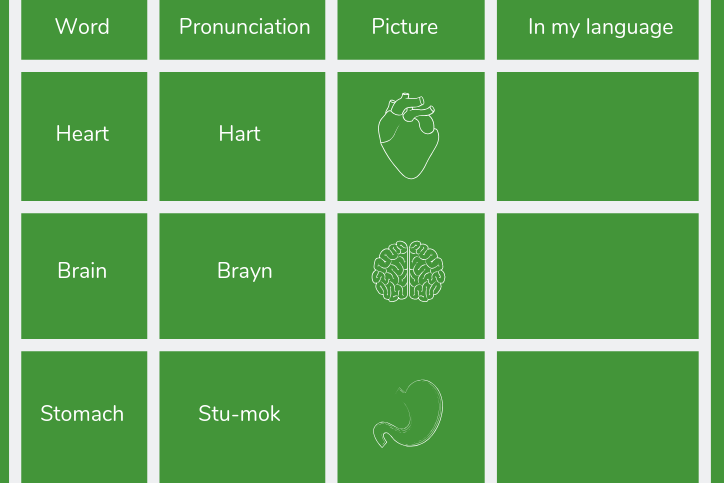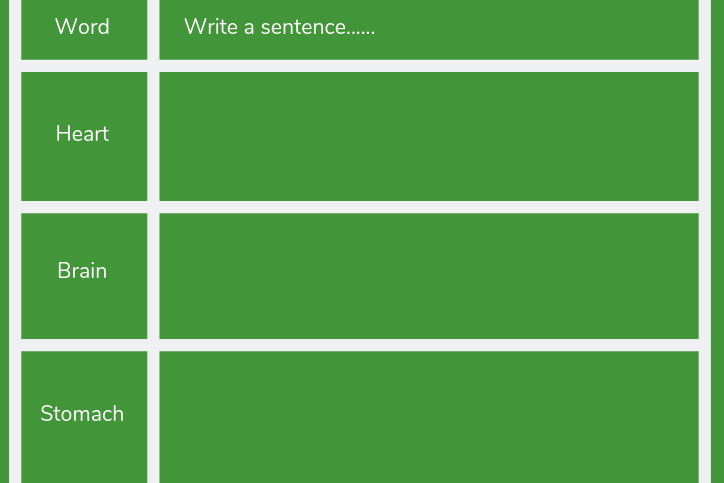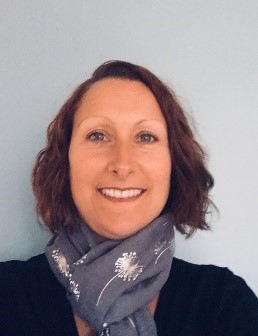22 JULY 2019
Unlocking science for English language learners, part two

In a recent survey with our teacher panel, 63% of teachers we spoke to felt language was a barrier to their ESL students’ science learning. In a series of short, practical articles, ESL expert, Sally Burbeary shares some ideas and activities to help you break down this barrier.
In the previous article, we looked at how to use content and language integrated learning (CLIL) to develop your learners' understanding of science content, and the importance of using all four English skills. In the second of our series, Sally shares a quick activity to help learners understand how to pronounce scientific words correctly.
As we saw in the previous article, English isn’t a phonetic language – this means words are often not pronounced as they look when written down. This a key challenge when teaching esl students science.
A simple way to overcome this, is to encourage your learners to keep a personal science dictionary, including the key words from the lesson and any other new words they discover and want to record. It could look something like this:

It is important for learners to use the words repeatedly if they are really going to learn them. The table below gives learners this opportunity and is also useful for you to check if they can use the words accurately and have understood the meaning well. If this is too advanced, you could provide a sentence starter, for example: “This is a ……………….,” rather than expecting learners to write a full sentence independently. You could use both approaches in your class depending on the English level of each learner.

So far in the series, we have covered CLIL and how to integrate the four English skills, as well as sharing this activity to help your learners develop their pronunciation. Next we’ll be looking at simple tips to help your learners develop their scientific vocabulary.
 |
About the author Sally has worked in education for over 20 years both in the UK and internationally. As a consultant, she uses her knowledge to help other teachers and trainers. She is an author of our Cambridge Checkpoint Science English Language Skills Workbook, which helps students understand scientific terms and express themselves effectively in English. |
Thank you for your feedback which will help us improve our service.
If you requested a response, we will make sure to get back to you shortly.
×